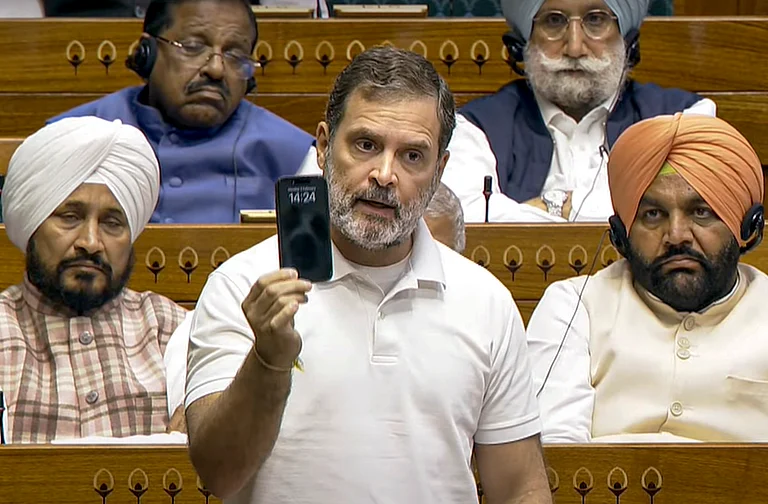Getting into the skin of the onscreen character’s is the ultimate goal for any actor, despite the medium. Ishwak Singh, who rose to fame with his role in the crime-thriller web series ‘Pataal Lok’, feels ‘peripheral’ reading related to his characters, is what helps him develop layers for his characters, which in turn makes the character seem more relatable to the audiences.
“I say it’s peripheral, because it's not really in the script. But otherwise, it's probably as important as the script in many ways, because it's almost like your own perspective to the character,” says Singh, who explains how it helped him to get the role of Vikram Sarabhai—father of Indian space programme-- in the recently released web series ‘Rocket Boys’, right.
“I got my hands on this biography on Dr. Sarabhai, which almost became like my bible. The thing is that to do all those big scientific achievements, you need to understand the perspective, that time around him, his mentors, peers etc, at that time. So, when I read the script, I could understand in a much better way of the events that happened in his life, the things he managed to achieve and just got how he thought about things, in general,” explains Singh.
And while ‘Paatal Lok’ saw Singh play a fictional character, ‘Rocket Boys’ was a completely different genre, since it dealt with a real-life character. His experience of playing historical figures such as Mahatma Gandhi, Subhash Chandra Bose and BR Ambedkar helped him, set a basic frame work of his onscreen character in the recently released biopic.
“The stakes are much higher, obviously. But because I have played Gandhi, Ambedkar and Bose, I guess I kind of knew what it takes, and that subtle difference of humanising the character and not glorifying it. The thing is, both Bhabha and Sarabhai were such big scientists who achieved so much and did so much for their country, yet were just normal human beings. That’s the idea, to show how exactly they were geniuses, just because of the way they reacted to moments, which were otherwise considered ordinary or insignificant,” he says.
“That’s where peripheral reading comes in. Because it helps you to understand how much of personal experience you need to tap into, to just about make it right. After watching the series, one should be like ‘wow I cannot believe they did so much’, but at the same time they should also be like ‘Oh I know another person who thinks like this’,” he signs off.


























